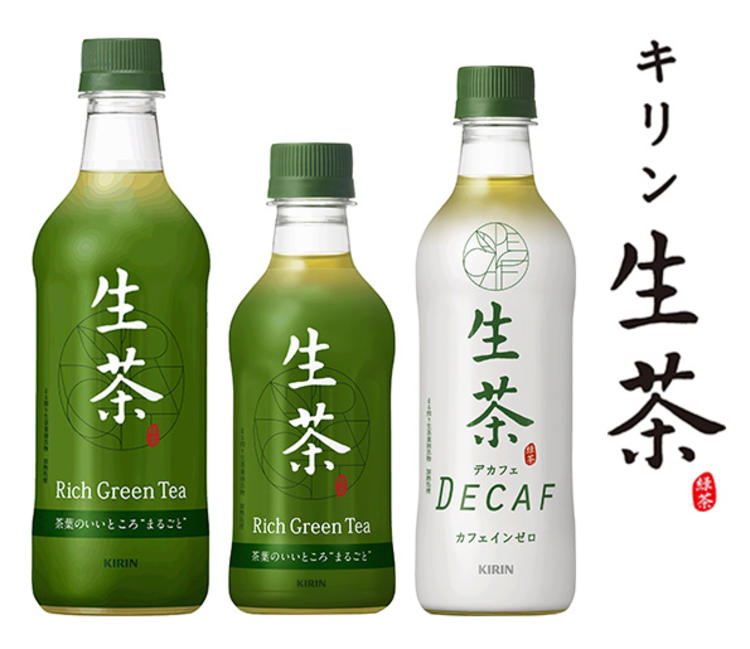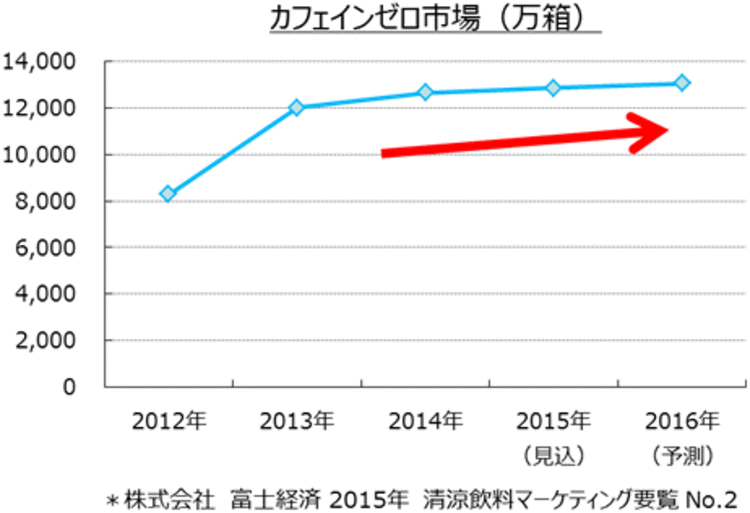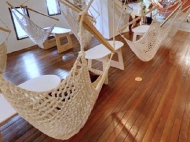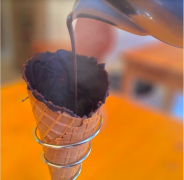Japanese are keen on decaffeinated coffee Kirin launches decaffeinated black tea
For professional baristas, please follow the coffee workshop (Wechat official account cafe_style)
Many people may have encountered a situation where they had a cup of tea or coffee in the afternoon and were so refreshed that they couldn't sleep all night. Now there are more and more decaffeinated drinks on the Japanese market to solve this problem.
A few days ago, Kirin launched a new series of "afternoon black tea" decaffeinated black tea. In May, Kirin first launched DECAF, a caffeine-free green tea drink. Kirin says both black and green teas use self-developed techniques that use clay minerals to absorb caffeine in tea extracts. 430 milliliters of decaffeinated drinks cost only 13 yen (0.78 yuan) more than regular drinks.

Generally speaking, every 200 milliliters of coffee and black tea contain 120 and 60 milligrams of caffeine respectively. Sleepy people naturally choose to drink tea or coffee to refresh themselves, but some people either cheer up or go to the bathroom frequently. A survey conducted by Kirin shows that 25.3% of consumers control their caffeine intake, prompting other beverage companies to enter this market segment.
GEORGIA, a brand owned by Coca-Cola in Japan, launched lattes made from caffeinated coffee beans in April. Rosen followed the caffeine craze in May, introducing decaffeinated coffee for 150 yen (about 9 yuan). Although it costs 50 yen (about 3 yuan) more than regular coffee, it sells 1.5 times more than Rosen expected. "it is welcomed by consumers who want to drink more than one cup of coffee a day and who want to drink coffee in the evening." Rosen Advertising Department said.
It is not difficult to see the enthusiasm of the Japanese for decaffeinated coffee from the statistics of the all-Japan Coffee Association. In the first half of 2017, Japanese coffee consumption was 235000 tonnes, up 1.4 per cent from the same period last year, while imports of decaffeinated beans and related products were about 2000 tonnes, up 25 per cent from a year earlier. Fuji Economics, a research company, predicted in a 2015 report that the Japanese decaffeinated beverage market would grow by about 50 million cases in 2016 compared with 2012.

Although there are more and more kinds of decaffeinated drinks on the market, it is still a niche market as a whole. The word "decaffeinated" was recognized by more than 25% of young Japanese female consumers aged 20 to 39, compared with only 10% of male consumers of the same age. So Kirin, which launched two decaffeinated beverages in succession, aims to develop a new habit of drinking drinks separately during the day and at night.
The picture is from Pinterest. The picture is from Kirin.
Important Notice :
前街咖啡 FrontStreet Coffee has moved to new addredd:
FrontStreet Coffee Address: 315,Donghua East Road,GuangZhou
Tel:020 38364473
- Prev

Tokyo Jixiang Temple good hea Coffee Shop hammock
Professional baristas Please follow the coffee shop (official Wechat account cafe_style) A lazy afternoon wandering the streets of Tokyo. I really want to take a nap. You think of it, the Japanese think of it. There is a very interesting coffee shop in Tokyo's Jixiang Temple, which is very suitable for a short break. The most special thing about this store is that all the seats are hammocks and all the guests can lie down.
- Next

Can you eat the container after drinking coffee? Try a unique new way to drink!
Professional barista communication please follow the coffee workshop (Wechat official account cafe_style) do you like coffee? Do you like ice cream, too? If you like both, pay attention to COFFEE CONE TOKYO, a Tokyo coffee shop that serves coffee from ice cream cones. They also offer ice cream of different designs and combinations. Although this is not the first place to serve coffee with cones.
Related
- What grade does Jamaica Blue Mountain No. 1 coffee belong to and how to drink it better? What is the highest grade of Blue Mountain coffee for coffee aristocrats?
- What are the flavor characteristics of the world-famous coffee Blue Mountain No. 1 Golden Mantelin? What are the characteristics of deep-roasted bitter coffee?
- Can I make coffee a second time in an Italian hand-brewed mocha pot? Why can't coffee be brewed several times like tea leaves?
- Hand-brewed coffee flows with a knife and a tornado. How to brew it? What is the proportion of grinding water and water temperature divided into?
- What is the difference between Indonesian Sumatra Mantinin coffee and gold Mantinin? How to distinguish between real and fake golden Mantelin coffee?
- What does bypass mean in coffee? Why can hand-brewed coffee and water make it better?
- Unexpected! Ruixing Telunsu lattes use a smoothie machine to foam milk?!
- % Arabia's first store in Henan opens into the village?! Netizen: Thought it was P's
- Does an authentic standard mocha coffee recipe use chocolate sauce or powder? Mocha Latte/Dirty Coffee/Salty Mocha Coffee Recipe Share!
- What is the difference between Vietnam egg coffee and Norway egg coffee? Hand-brewed single product coffee filter paper filter cloth filter flat solution!

